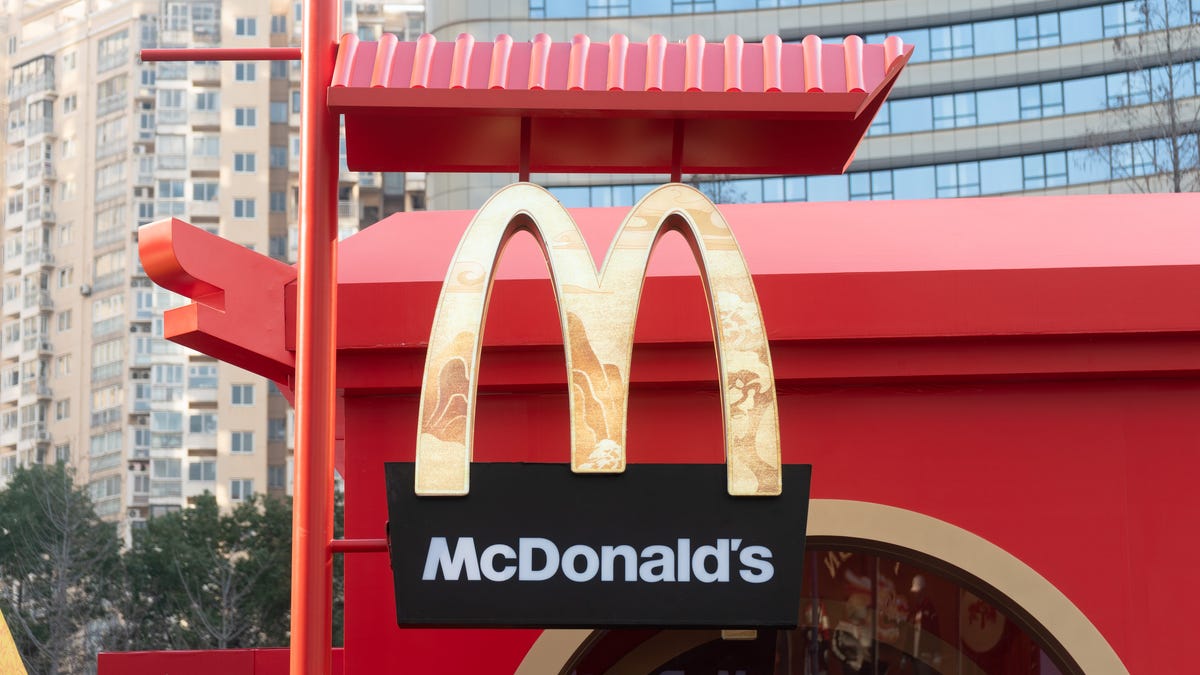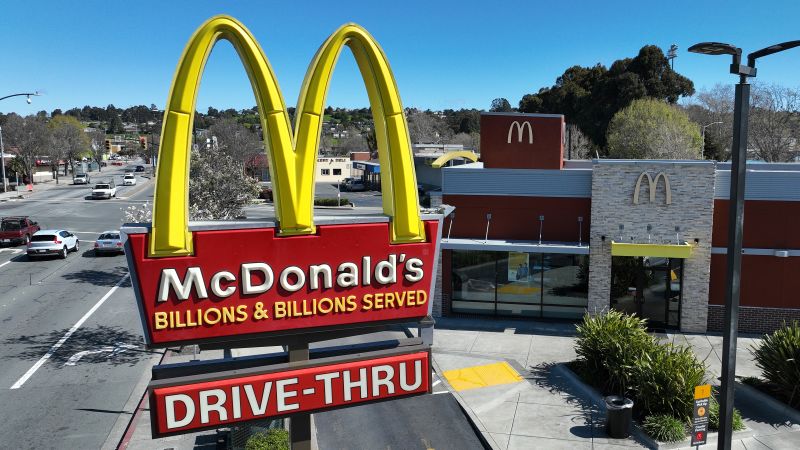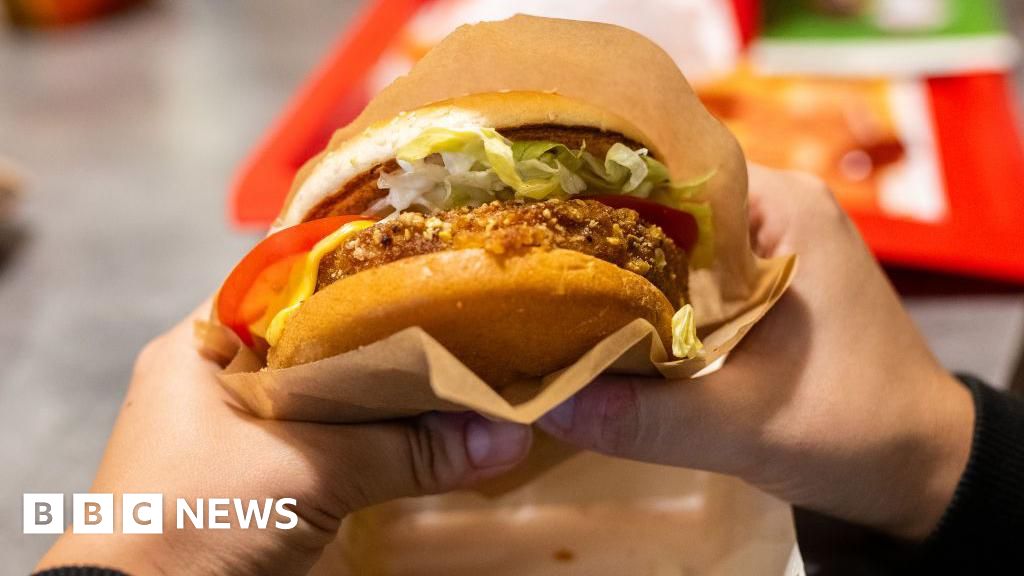
McDonald's Faces Challenges as Consumers Reconsider Value Amid Inflation
McDonald's, the world's largest fast-food chain, reported a sales decline for the first time since the pandemic in its second quarter earnings report. The company attributed this to consumers reconsidering their spending habits due to inflation and higher prices.
According to multiple sources,
McDonald's executives acknowledged that diners consider the company's prices too high as a result of inflation. Despite not seeing lower-income consumers shifting from the chain to other fast-food restaurants, they have been eating out less frequently across most markets globally.
The offer of a $5 value meal was extended past its initial four-week window due to its success in bringing customers back to McDonald's. Ninety-three percent of franchisees committed to continuing the promotion further into the summer.
McDonald's CEO Chris Kempczinski stated that consumers are feeling the pinch of the economy and a higher cost of living for at least several more quarters in this competitive landscape. He emphasized that it is critical for McDonald's to consider these factors in order to grow market share and return to sustainable guest count-led growth.
The fast food industry has been impacted by inflation weary consumers, who are being more discerning with their disposable income. They appear to be spending a bit more cash on home goods, such as electronics and kitchen essentials.
McDonald's U.S. sales fell by 0.7%, while international franchisee sales decreased by 1.1% during the second quarter, primarily due to a decline from France-based stores.
The Chicago-based McDonald's missed Wall Street's expectations with revenue of $6.49 billion and roughly $3.07 earnings per share.
Despite these challenges, McDonald's remains optimistic about its value offerings and is working with franchisees to make the necessary adjustments.


